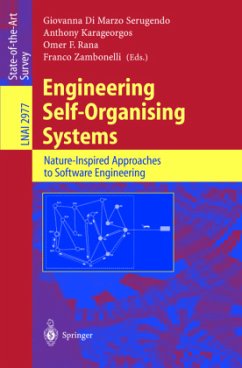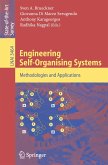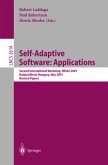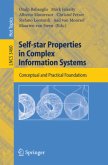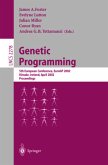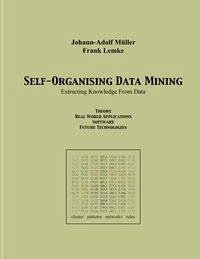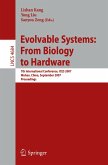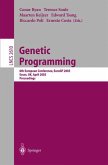As information handling systems get more and more complex, it becomes increasingly difficult to manage them using traditional approaches based on centralized and pre-defined control mechanisms. Over recent years, there has been a significant increase in taking inspiration from biology, the physical world, chemistry, and social systems to more efficiently manage such systems - generally based on the concept of self-organisation; this gave rise to self-organising applications.
This book constitutes a reference and starting point for establishing the field of engineering self-organising applications. It comprises revised and extended papers presented at the Engineering Self-Organising Applications Workshop, ESOA 2003, held at AAMAS 2003 in Melbourne, Australia, in July 2003 and selected invited papers from leading researchers in self-organisation. The book is organized in parts on applications, natural metaphors (multi-cells and genetic algorithms, stigmergy, and atoms and evolution), artificial interaction mechanisms, middleware, and methods and tools.
Hinweis: Dieser Artikel kann nur an eine deutsche Lieferadresse ausgeliefert werden.
This book constitutes a reference and starting point for establishing the field of engineering self-organising applications. It comprises revised and extended papers presented at the Engineering Self-Organising Applications Workshop, ESOA 2003, held at AAMAS 2003 in Melbourne, Australia, in July 2003 and selected invited papers from leading researchers in self-organisation. The book is organized in parts on applications, natural metaphors (multi-cells and genetic algorithms, stigmergy, and atoms and evolution), artificial interaction mechanisms, middleware, and methods and tools.
Hinweis: Dieser Artikel kann nur an eine deutsche Lieferadresse ausgeliefert werden.

